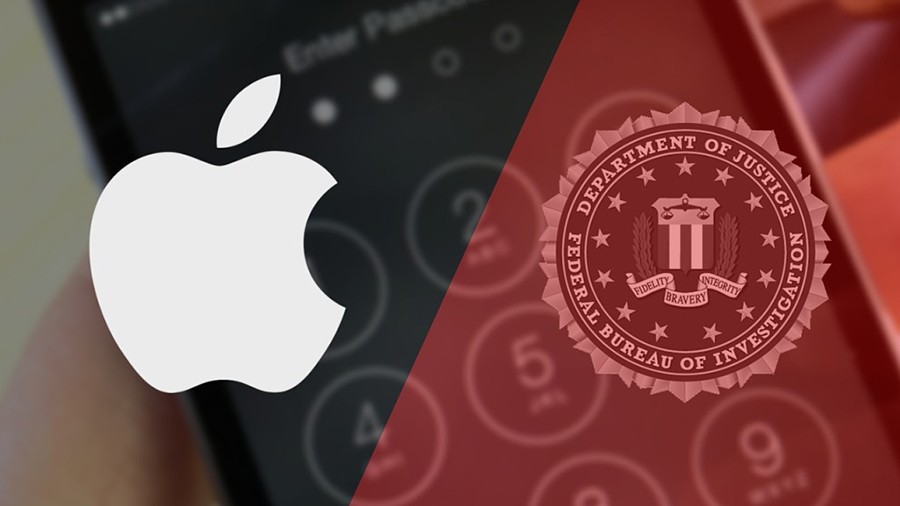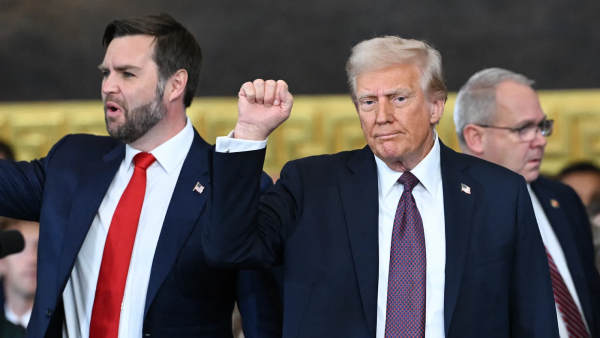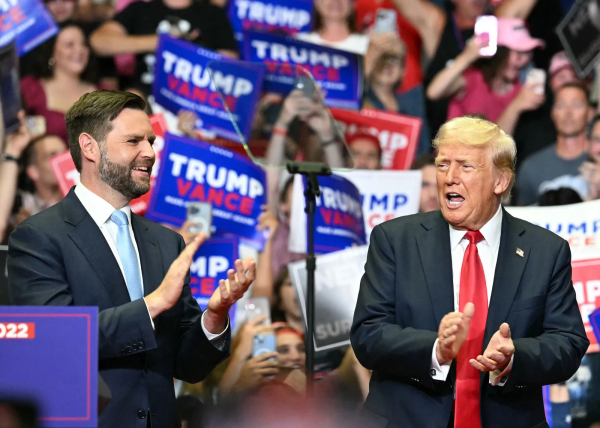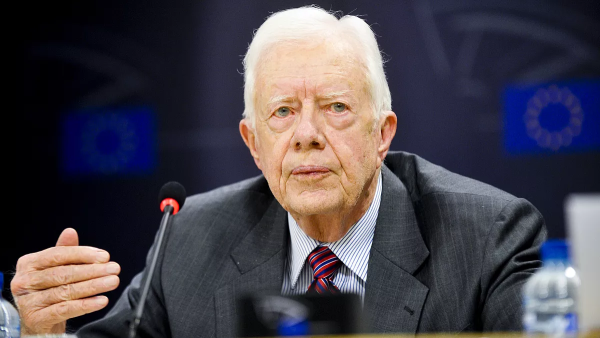Apple versus FBI
The FBI and Apple feud sparked debates among Americans as to whether their personal security should be put at risk for the sake of criminal investigations.
The long disputed problem between the importance of national security and legal investigations has become unearthed once again.
This debate began again after the terrorist attack that occurred in San Bernardino, California. On December 2, 2015, a married couple, Syed Farook and Tashfeen Malik, targeted a holiday party at the Inland Regional Center where they shot and killed 14 people and seriously injured an additional 22 people. The aggressors were “homegrown violent extremists” that were motivated by foreign terrorist groups.
About two months into the investigation of the case, the FBI declared that due to the advanced security features in Farook’s iPhone 5C, they were unable to retrieve any useful data. The FBI then asked Apple to create a new version of the IOS operating system to help them unlock the phone. However, Apple declined to do so, causing the FBI to respond with a court order that mandated Apple to create the software to undermine the security system, which was part of the All Writs Act of 1789. This act’s goal is to help the federal government gain access to locked phones because of their importance in domestic terrorism and narcotics investigations.
According to Apple, their intent to oppose this order was because of their policy to never challenge the security features of their products. Furthermore, they stated that this malware would pose a risk for the average Apple user by potentially giving hackers and terrorists the opportunity to have access to their private information.
In response to Apple’s opposition, the FBI filed a new application stating that the company could install the technology needed to unlock the phone on their own terms and then remove and destroy it once the investigation was complete. However, the FBI found success by joining forces with an Israeli company, Cellebrite, by using an alternative method to hack into the phone.
Although this particular legal case came to an end, there are still many who are pleading for Apple to unlock phones. Since other companies have the capability to unlock their devices, many believe that Apple should weaken their policies for hacking into their own security features.
For instance, after a father, Leonardo Fabbretti, lost his 13 year-old son to cancer, he requested for the company to hack into his son’s phone to retrieve the information stored on it. Again, Apple denied the request saying that it would pose a threat to other users by making their devices vulnerable to outside sources. Even though the company rejected Fabbretti’s wish, he still believes that the company should make exceptions to special cases.
With new technology, the government has the ability to help prevent crimes from occurring and can solve many more cases. However, the privacy of American citizens has the potential to be put at risk and become compromised as a result.







